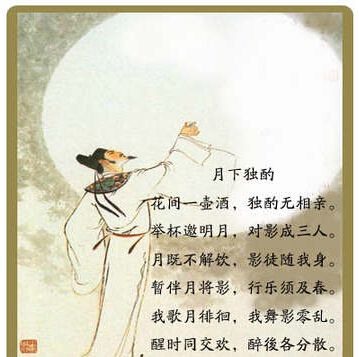焦虑使你难以倾听自己的直觉
|
As an anxious person, I find the mantra "go with your gut" endlessly frustrating. What's so trustworthy about my gut instinct, which has, at various times, convinced me I'm dying of brain cancer, or about to get on an airplane doomed to crash, or destined to be alone forever? My therapist has had to remind me many times over that my so-called instincts have been wrong before and will be wrong again. But I've remained somewhat convinced that there is a "real" gut instinct somewhere beneath all my fake ones, and if only I knew how to access it, I would finally be perfectly wise, centred, and calm. Unfortunately for me, a new study suggests this is probably not the case, and I am forever doomed to second-(and third-, and fourth-) guessing my every choice. In their study, researchers attempted to examine and compare the intuitive decision-making abilities of anxious, neutral, and optimistic people. More than a hundred participants were randomly assigned to each of these three groups, and "inducted" into the corresponding mood by viewing a series of emotionally coded sentences and images.
For example, participants in the optimism group read: "The affection of those we love makes us feel particularly safe and confident. There is always someone who loves us," and were then shown a picture of a smiling young couple. (Huh.) Those in the anxious group read: "Safety is not guaranteed neither in our neighbourhoods nor in our own homes," followed by a picture of a man with his arm hooked around a woman's neck. I'm anxious just reading about it. Once the mood was set, participants were asked to fill out a questionnaire designed to assess their tendency to make intuitive decisions, and how effectively they did so. While the researchers found that the decision-making abilities of the positive and the neutral mood groups were relatively unaffected by their moods, the anxious group showed a significantly reduced ability to use their intuition. My therapist, as usual, is right: if you're anxious, your so-called gut is pretty much useless. The researchers hypothesized that anxiety's effects on our decision-making are damaging for several reasons: Anxiety makes us risk-averse, pessimistic, and less confident - all qualities which make us likelier to choose what we perceive as the safest, routine, and unchallenging decision. |









